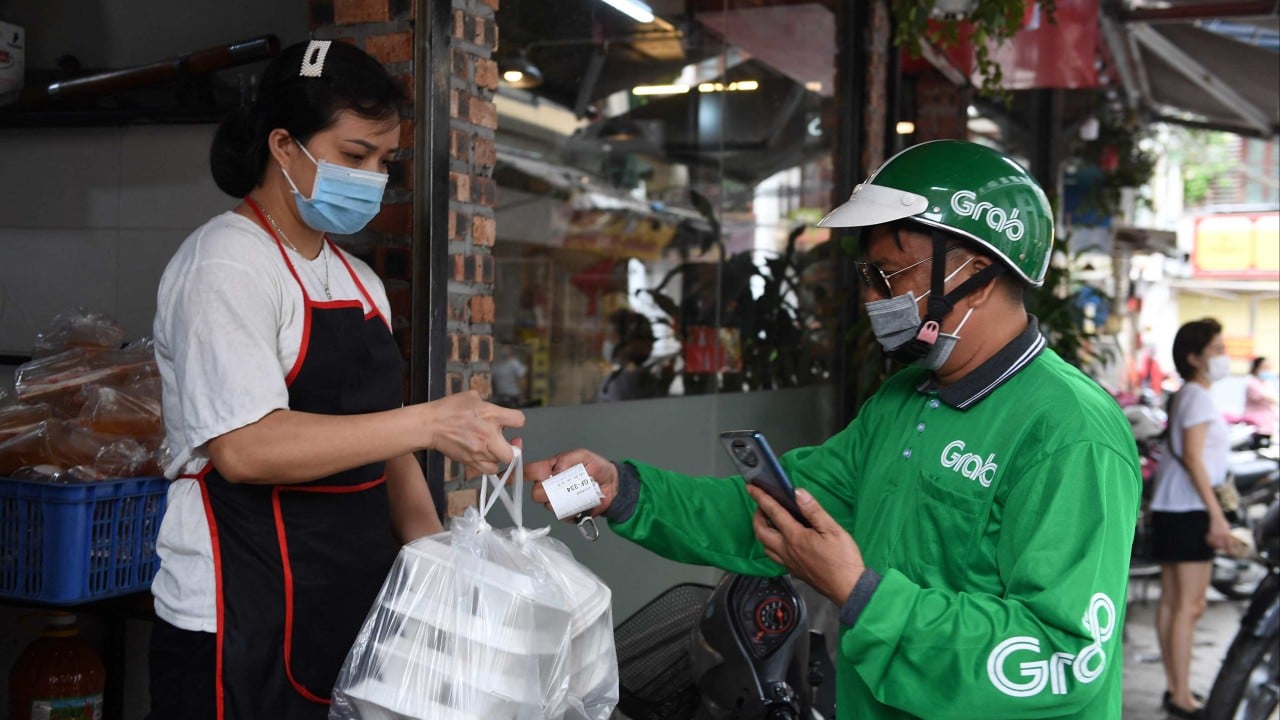The way people eat, make nutritional decisions and monitor health is undergoing a quiet but profound transformation in Asia. Artificial intelligence (AI), wearables and online applications are reshaping the food landscape, embedding personalised nutrition services into daily life.
Advertisement
From WeChat’s nutrition-tracking mini-programmes to Grab’s food delivery algorithms helping users discover healthier options, digital platforms are becoming sophisticated intelligent systems that help advance nutrition.
What makes this development feel so distinct is the sheer integration of services. While Western consumers often rely on fragmented apps to manage health data, Asia’s “super-apps” consolidate functions into single ecosystems.
For example, WeChat alone hosts over two dozen mini-programmes focused on nutrition tracking and personalised meal planning, with some achieving user satisfaction ratings close to 3.9 out of 5. Users can track meals, receive AI-generated dietary recommendations and consult dietitians without leaving their main messaging platform. Start-ups are taking notice.
The South Korean app Monolabs launched a nutrition service on WeChat, reportedly choosing China as its first overseas market in a clear recognition of the Chinese platform’s reach and infrastructure.
Advertisement
These ecosystems are not merely aggregating services; they are enabling the rise of personalised nutrition intelligence. When a user places an order through Grab or Gojek, AI can be leveraged to tailor suggestions for individual dietary preferences.

